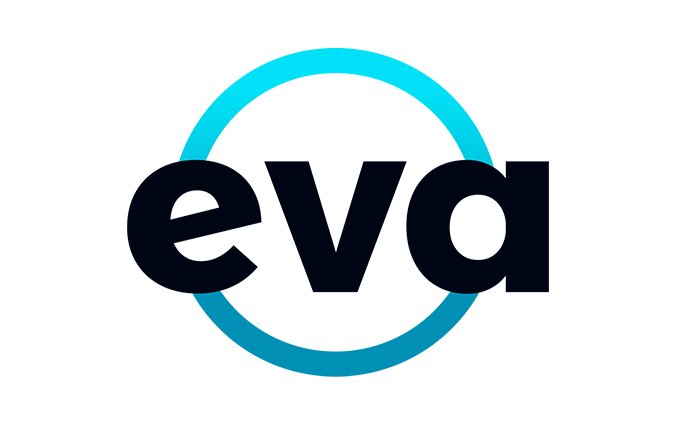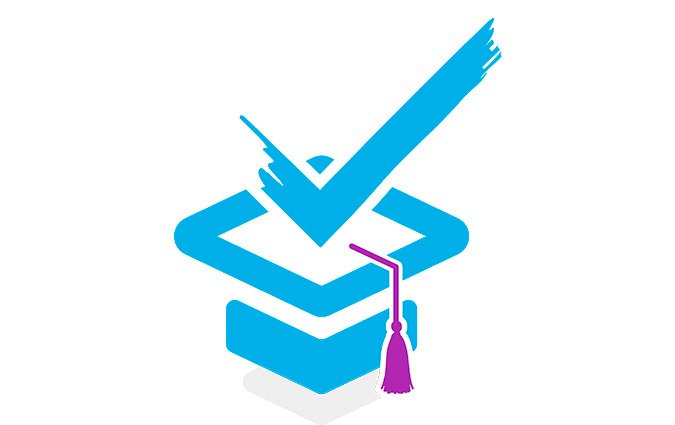Announcement
About Us
Election University is a complete online video training, Do-It-Yourself software service packed with tools & features to help candidates & staff win their campaigns. Some of our key features include:
Online Training Videos
Our self-guided, video classroom provides great advice for candidates who are starting out or who need a refresher.
Contact List Generator
Pulling together your contacts list should not mean pulling out your hair. Our self-guided, automatic contact list generator and de-duplicator is what you need!
Design Your Own Logo
Don’t pay for expensive graphic design. Design your own winning logo from scratch or from easy-to-use templates.

Print Your Own Materials
Need business cards or letterhead? Maybe you need t-shirts, yard signs, or a Facebook header? Print your own materials here!
Build Your Own Budget
Our Budget Wizard lets you create your own campaign budget in four easy steps. So simple and fully customizable!
Approved Vendors List
We do the research on our Approved Vendors so you don’t have to! Connect with campaign professionals who work meet the EU standard.
Subscription Plans
OUR LOW-COST, FLEXIBLE SUBSCRIPTION PLANS ARE TAILORED TO FIT YOUR NEEDS.
Latest Posts And Podcasts
LISTEN TO OUR RECENT PODCASTS OR READ OUR LATEST NEWS HERE
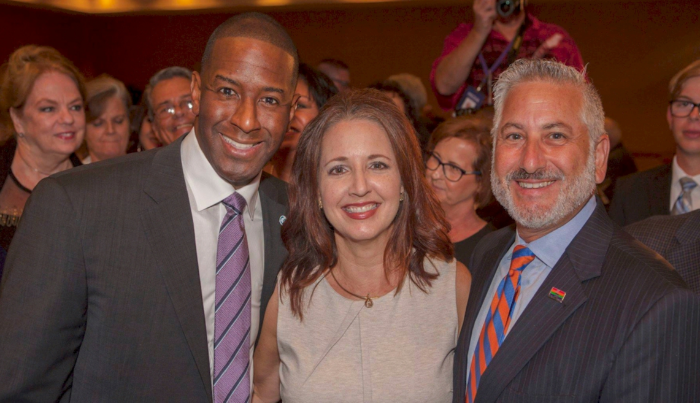
Episode 34 - Political Spouses, Parte 2
You asked, we answered! Join the Election University podcast for an encore of our popular episode on Political Spouses. If you’re slogging toward November, wondering when you might get a moment to see your family or partner—this episode is for you! Or, maybe you are a potential politico or political spouse in need of encouragement and advice—this episode is for you! Our hosts Reiny Cohen and Jason Bennett bring you the tips and tricks you need to keep your family grounded this election season. Our guest this week is Kerry Kriseman, expert political spouse. Kerry has survived more than 20 years of political campaigns. How did Kerry and her family endure a recent contentious re-election campaign, navigate the rise of social media, and persist through campaign wins—and losses? Tune in to find out!
Kerry Kriseman is a St. Petersburg native and communications professional. She currently works as a Public Relations consultant at Creative Clay, a St. Pete organization dedicated to making the arts accessible to all. She is also working on her first book about her experience as a political spouse. Previously, Kerry worked for as a Corporate Communications Specialist for the Tampa Bay Times. She is married to St. Petersburg mayor, Rick Kriseman, who first ran for office unsuccessfully in 1999 and then was later appointed to City Council in 2000. They have two children and a steady stream of Southeastern Guide Dog puppies.
Listeners, we want to hear from you! Are you a spouse in need of the Political Spouse Therapy Group? Do you need to hug a puppy right now? What piece of advice do you have to keep future candidates’ families sane? Are you or someone you love a “political widow?” Are you our next guest on Political Spouses Part III? We want to know about it! Send us an email at podcast@electionu.com or leave us a note or a review in the comment section below.
You can listen to the show right here on the EU website or by subscribing in iTunes, Apple Podcasts, GooglePlay, Spotify, Stitcher, Soundcloud, iHeartRadio, and more! If you do subscribe, please leave us a rating and review. We love the feedback and we read every one! If you'd like to hear a particular topic on our podcast, please email podcast@electionu.com. As always, thanks for listening!
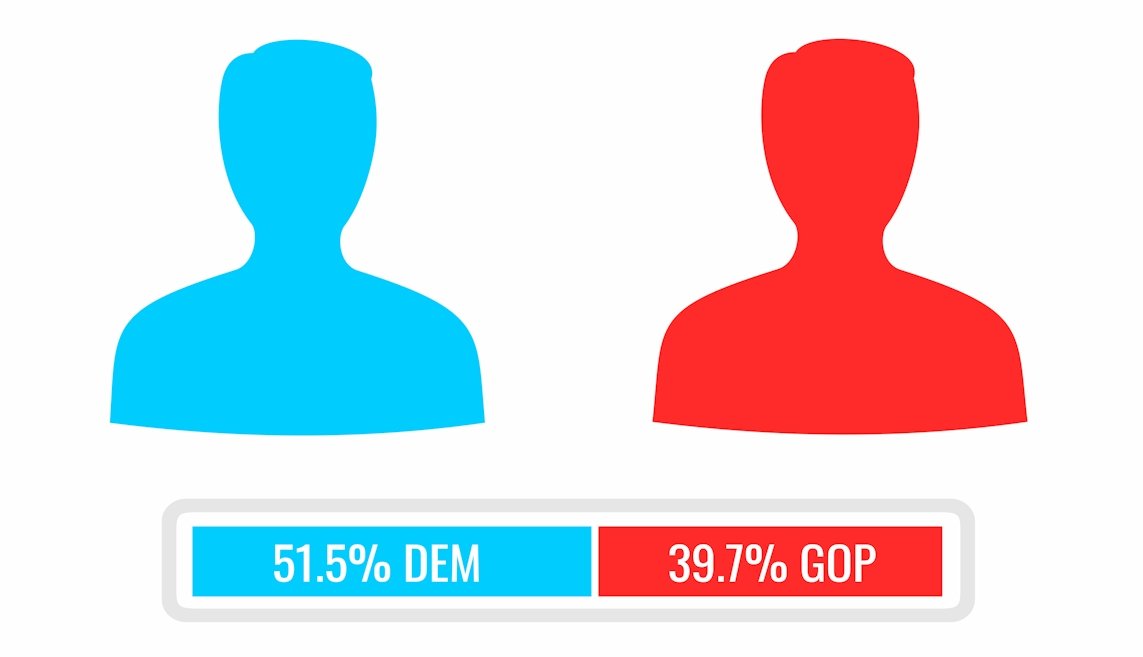
EU033 - Polling for Down Ballot Races
What happened with polling in 2016 and what's changed for 2018? How can polling be useful (and affordable) for down ballot campaigns? Does polling tell us if there's going to be a Blue Wave this year? If so, how big? polling is for you! This week's episode answers all of that, and more! In this week’s episode of the Election University podcast, our hosts Reiny Cohen and Jason Bennett talk with Russ Swindell, Chief Client Strategist with Public Policy Polling, to bring you the insider tips and tricks to get the most affordable, accurate, and timely polling for your campaign.
Public Policy Polling (PPP) provides a highly-accurate alternative to expensive, traditional telephone surveys. Rated one of the highest performing pollsters in the United States, Public Policy Polling conducts thousands thousands of polls across the country for progressive candidates and causes up and down the ballot. The company specializes in Integrated Voice Response Polling, which is an affordable and efficient survey delivered to a landline via a recorded system. Integrated Voice Response Polling allows Public Policy Polling to deliver accurate results at a fraction of the cost of traditional pollsters.
Our guest Russ Swindell has worked for PPP as a client strategist for more than three and a half years. Previously, Russ spent 14 years as the Chief of Staff to Congressman Bob Etheridge of North Carolina.
If you are interested in conducting a poll for your local election or you want to learn more about Public Policy Polling, send an email to information@publicpolicypoling.com. You can also keep up with the latest updates on cutting-edge research and follow races across the country by subscribing to their newsletter. You can also follow PPP on twitter @ppppolls and on Facebook.
Listeners, consider this a very informal poll: did you like this week’s episode? Do you have your own insider tips for getting affordable, accurate polls? Are you going to invest in polling this November? Let us know what you think by emailing us at podcast@ElectionU.com or leaving a note in the comment section below.
You can listen to the show right here on the EU website or by subscribing in iTunes, Apple Podcasts, GooglePlay, Spotify, Stitcher, Soundcloud, iHeartRadio, and more! If you do subscribe, please leave us a rating and review. We love the feedback and we read every one! If you'd like to hear a particular topic on our podcast, please email podcast@electionu.com. As always, thanks for listening!

Episode 32 - Hacking Election Voting Machines
Do you think the 2016 Presidential elections were hacked by the Russians? Can voting machines be easily rigged? Are the 2018 midterms at risk of vote tampering? Find out this week on the Election University Podcast! In our third and final LIVE episode from DEF CON 26, our hosts Jason Bennett and Reiny Cohen talk with the organizer and mastermind of the Vote Hacking Village at DEF CON 26. Our hosts will get the inside scoop on election fraud and vote count tampering to find out: how worried should we be really about election integrity?
The Voting Machine Village first appeared at DEF CON 25 in 2017, after various Secretaries of State claimed there was no evidence of hacking election voting machines. To provide public evidence of the hack=ability of voting machines, DEF CON organizers purchased hundreds voting machines online, from sites like Ebay. 25,000 hackers were invited to tamper with the machines. The first machine took 2 minutes to hack remotely and by the end of the conference, all of the machines were hacked. A prefered method for tampering was by Rickrolling users. But even this dramatic evidence was insufficient to change public policy on election vulnerability. So this year, at DEF CON 26, the Voting Machine Village decided to up the ante. They challenged children ages 5-18 to hack the voting machines and vote count websites. An 11-year old hacked into a replica Florida State website in under 10 minutes and changed the displayed election results.
Terrified yet? It gets worse. Jake believes the 2016 presidential election was tampered with but we will never know if the Russians changed the result. Rob Joyce, the Trump administration’s cyber czar spoke at DEF CON 26 and warned that adversaries (Russians) are using the easily available voting machines and software to train for far more damaging attacks. So what can we do today to protect the integrity of our democracy? Tune into the Election University podcast to find out!
Jake Braun is the CEO of Cambridge Global Advisors, a cyber and national security consulting firm. In addition to his role at Cambridge Global, Jake is a strategic advisor to the DHS and Pentagon on cybersecurity. He is also a faculty member of University of Chicago’s Harris School of Public Policy. Jake previously served as the White House Liaison to the Department of Homeland Security (DHS) in the Obama Administration. Mr. Braun was also on the Presidential Transition Team serving as the Deputy Director for the National Securities Agency Review.
Interested in learning more to learn more about Voting Village or Jake Braun? Follow Jake on twitter @VotingVillageDC. You can also learn more about his cybersecurity policy initiatives here.
Listeners, we want to hear from you! Send us an email at podcast@electionu.com or leave us a note or a review in the comment section below. Want to get involved or participate in next year’s DEF CON? Maybe we’ll catch you at DEF CON 27! Let us know!
You can listen to the show right here on the EU website or by subscribing in iTunes, Apple Podcasts, GooglePlay, Spotify, Stitcher, Soundcloud, iHeartRadio, and more! If you do subscribe, please leave us a rating and review. We love the feedback and we read every one! If you'd like to hear a particular topic on our podcast, please email podcast@electionu.com. As always, thanks for listening!
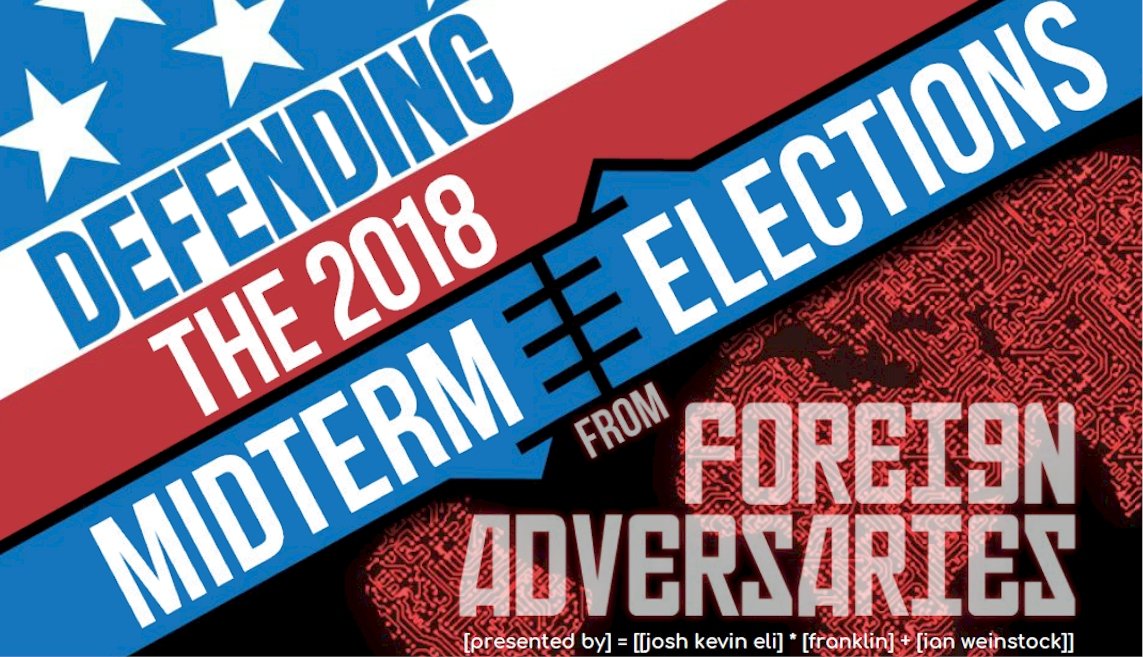
Episode 31 - Election Buster: Defending the 2018 Midterm Elections from Foreign Adversaries
How far did Russian meddling in the last election extend? What were some of the tactics employed to mislead and manipulate folks outside of the Facebook ads and Twitter trolling efforts extensively covered by the media? In this week's episode, our hosts talk with election systems expert, Joshua Franklin, and his discovery of foreign adversaries buying up domain names and redirecting them to phishing or pharmaceuticals sites. And we learn about his program designed to protect campaigns: Election Buster. Election Buster is an independent, open-source tool created to identify malicious domains disguising as candidate webpages and voter registration systems.
Joshua spoke at DEF CON 26 about technological and procedural measures our government officers and campaigns must take to defend themselves. Specifically, he recommends looking out for different typo squats web domains, which occurs when someone registers a website name that is very close to another person's website name, with the intention of stealing website traffic. Campaigns can protect themselves today with minimum protections like SSL (Secure Sockets Layer) and TLS (Transport Layer Security protocol) which are the building blocks of HTTPS. You can read his full presentation and recommendations here. He also has template suggestions you can use when you register your campaign website domain.
Joshua Franklin is a security engineer and has more than a decade of experience working with election technology. He is also an instructor of mobile and telecommunications security. Previously, Joshua worked at the U.S. Election Assistance Commission.
Want to learn more about Joshua and his suggestions for campaign security? You can follow him on twitter @thejoshpit, or send him an email at josh.michael.franklin@gmail.com.
Listeners, we want to hear from you! Have you ever typed in a candidate website and found yourself at a mis-typed web address? Are you double and triple checking web addresses before you hit “buy?” Have you seen sneaky instances of opposition altering web domains? Are you a victim of typosquatting? We want to know about it! Email us at podcast@ElectionU.com or leave a note in the comment section below.
You can listen to the show right here on the EU website or by subscribing in iTunes, Apple Podcasts, GooglePlay, Spotify, Stitcher, Soundcloud, iHeartRadio, and more! If you do subscribe, please leave us a rating and review. We love the feedback and we read every one! If you'd like to hear a particular topic on our podcast, please email podcast@electionu.com. As always, thanks for listening!

Episode 30 - Live from DefCon 26: Young Candidates Taking Over, Part 2
Young politicians bring a fresh and much-needed perspective to the increasingly polarized and partisan world of politics. From participating in marches, to testifying before Congress, young people are claiming their futures and getting active in the political sphere. But should their next step be running for office? Can young people really run for office, and win? This week on the Election University Podcast, we continue our investigation into young candidates who are breaking the mold and taking over. Our guest this week is Daniel Zolnikov, a State Representative from Montana and a first-hand expert on succeeding as a young candidate. Our host Jason gets the inside scoop with Rep. Zolnikov about his quick path to office, political ideology, recent legislation, and tips for young, potential candidates.
On this LIVE episode of the Election University podcast, our host Jason Bennett takes the show on the road to DEF CON 26, the world’s largest annual hacking convention. At DEF CON, young people are doing more than winning votes… they’re altering the vote tallies (more on that later). Don’t miss it!
At the age of twenty-five, Representative Zolnikov ran for office to represent Billings House District 45. At the age of twenty-six, he was sworn in. In the years since, Forbes named Rep. Zolnikov among the top “30 under 30” policymakers in the nation. He was also recognized by Red Alert Politics as one of the nation’s “Top 30 Conservatives Under the Age of 30.” Representative Zolnikov is an advocate for gun rights, civil rights, and limited government.
Interested in learning more about Rep. Zolnikov and his work in the Montana State Legislature? You can read more on his website or follow along on his Facebook page or on Twitter @DanielZolnikov.
Listeners, we want to hear from you! Do you know a young candidate running for office? Are you yourself a young person considering running for office? Has something held you back? Do you have suggestions about what we should talk about next? Whatever it is, send your thoughts and suggestions to podcast@ElectionU.com or leave a note in the comment section below.
You can listen to the show right here on the website or by subscribing in iTunes, Apple Podcasts, GooglePlay, Spotify, Stitcher, Soundcloud, iHeartRadio, and more! If you do subscribe, please leave us a rating and review. We love the feedback and we read every one! If you'd like to hear a particular topic on our podcast, please email podcast@electionu.com. As always, thanks for listening!
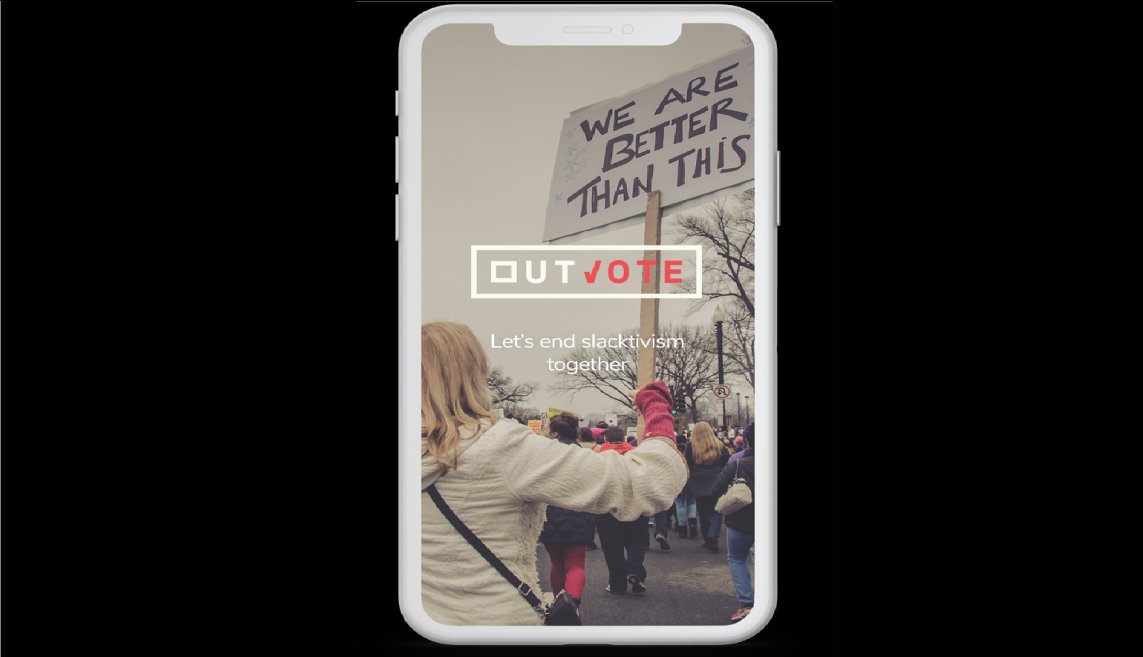
Episode 29 - Campaign Tools Review: Outvote
Do your friends vote? Are they claiming to be busy and forgetful? What is the best way to engage your friends in the voting process? This week on the Election University Podcast, our hosts Jason Bennett and Reiny Cohen interview Naseem Makiya the creator and founder of Outvote, an app for getting your friends to vote.
Essentially, a candidate can download the Outvote app, sign up, personalize their page with videos, pictures, and scripts and then send the link out to anyone. The app allows you to match your phone contacts to registered voters in the district. Basically, you can see which of your friends are registered voters, and their voting history.
Naseem explains that this app is an easy way to reach out to your friends to remind them to vote in the district. The campaign can design personalized scripts that can be sent to unlimited users. The main difference between other voter outreach software is that this app lets you engage with peer to peer contact through text messages, instead of emails.
Our hosts will walk us through the Outvote user process, evaluate the utility of this tool, and of course go over the low-cost of this campaign tool.
To learn more. You can sign up for Outvote at www.outvote.io You can either send an email to team@outvote.io to sign up or fill out the form on the website.
Listeners, we want to hear from you! Are you preparing to run? What did you think of our guide? First-time candidates, what do you wish you had known before you dropped your name in the hat? What topic should we tackle next? We want to know! Send us an email at podcast@electionu.com or leave us a note or a review in the comment section below. You just might be the next guest on the Election University podcast!
You can listen to the show right here on the EU website or by subscribing in iTunes, Apple Podcasts, GooglePlay, Spotify, Stitcher, Soundcloud, iHeartRadio, and more! If you do subscribe, please leave us a rating and review. We love the feedback and we read every one! If you'd like to hear a particular topic on our podcast, please email podcast@electionu.com. As always, thanks for listening!
Recent Jobs
HERE YOU WILL FIND RECENT JOBS
Sign Up For Job Notices
Enter your email address to subscribe for weekly or monthly updates about our Jobs positions.










